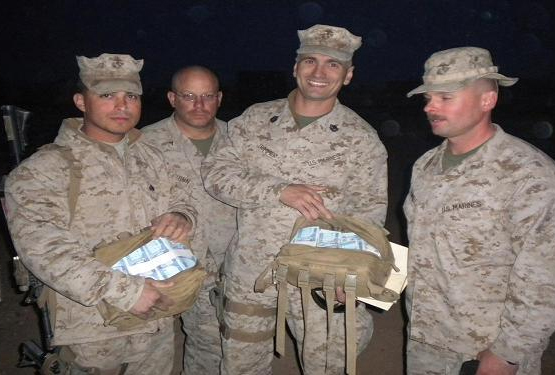Life isn’t fair: that’s a lesson my dad learned growing up during the Great Depression and working hard in the Civilian Conservation Corps and local factories in the 1930s. He also learned it during World War II, when he was drafted and eventually assigned to an armored headquarters company at Fort Jackson, South Carolina. In fact, before World War II, my dad tried to enlist in the Navy, only to discover he was too short to make the grade (he was just under 64″, the Navy minimum, and recruiters were picky before Pearl Harbor). A half-inch or so probably saved my dad’s life. After that experience, my dad vowed he wouldn’t volunteer for war; he’d wait until he was drafted, which he was in 1942 by the Army.
My dad was on track to be a surgical technician for the 7th Armored Division; he would have gone overseas and faced combat. But another soldier on the dental technician track talked my dad into switching positions with him. My dad agreed, only to learn a dental technician was limited to a corporal technician’s rating, whereas a surgical tech could become a sergeant with higher pay. My dad was also “excess” on the table of organization when he finished training, so he was reassigned from the 7th Armored to the 15th Armored Group.
My dad had to transfer and got less pay, but he got lucky: his new unit didn’t go overseas, whereas the 7th Armored did. A guy he knew, Danny Costellani, was transferred from medical battalion to armored infantry while in France and was killed in action. My dad knew this could have been him.
Continue reading “William J. Astore on Sports, War, Fairness, and Fate: Lessons From My Dad”





